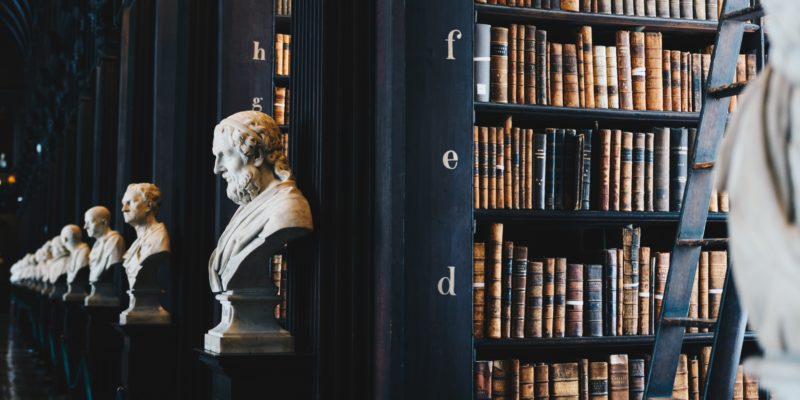This page contains affiliate links. If you purchase a product through one of them, I will receive a commission (at no additional cost to you). I only ever recommend products that I have personally used and loved. Thank you for your support!
Navigating the academic world can be a daunting task, especially when you’re trying to figure out the most effective study methods. Whether you’re a high school student or a college attendee, knowing how to maximize your study time is crucial for academic success. The good news is, with the right strategies and techniques, you can enhance your learning process and achieve your academic goals. In this blog post, we’ll explore the best ways to find the most effective study tasks, making sure you use your study time wisely and efficiently.
Read also: 7 Misconceptions About Studying | Debunking A-Student Myths
Read also: 22+ Best Apps For Students To Study Effectively
1. Try Out Different Ways of Studying
For every subject, it’s essential to take some time and try out different ways of studying. This is especially important if you’re tackling a new subject for the first time. Experimenting with various study methods helps you identify which techniques resonate with your learning style. For example, some students might find that the Pomodoro Technique, which involves studying in short bursts with regular breaks, enhances their focus and retention, while others might prefer the Feynman Technique, which involves explaining concepts in simple terms to better understand and remember them.
2. List Every Single Study Method
When I say every single study method, I do mean EVERY SINGLE ONE of them! Creating a comprehensive list of all the techniques at your disposal is a good idea, no matter how small or infrequent they might be. Here’s a sample list to get you started:
– Creating flashcards
– Studying flashcards
– Mock exams and practice testing
– Reading textbooks and casebooks
– Reading newspaper articles and court verdicts
– Making mind maps and visual aids
– Watching explanatory videos
– Attending classes and lectures
– Reading through old notes
By listing all these methods, you can see the variety of tools you have to work with and start thinking about which ones might be the most effective study techniques for you.
3. Rank Your Study Techniques by Effectiveness and Enjoyment
Do not underestimate the ‘enjoyment’ ranking! While it’s important to focus on effectiveness, the techniques you enjoy are often the ones you’ll stick with. For example, visual learners might find mind maps more engaging, while kinesthetic learners might benefit from physical activities like drawing or building models. Ranking your study techniques by how effective they are and how much you enjoy them can help you create a study schedule that is both productive and enjoyable.
4. Take a Closer Look at the Techniques You Dislike but Are Effective
The techniques you dislike are often the ones that challenge you the most mentally. For example, while you might enjoy reviewing flashcards because they are a comfortable and passive activity, more active learning techniques like mock exams can yield better results. Mind maps, although effective for some, might not work for everyone. It’s important to recognize that what works for one person might not work for another, and that’s okay. Focus on finding the balance between effectiveness and enjoyment to maximize your study sessions.
5. Figure Out How to Do More of the Most Effective Task
Once you’ve identified the most effective study task, it’s time to incorporate it into your regular study routine. For instance, if you find that writing mock exams is highly effective, make it a priority in your study schedule. Even if you can’t commit to writing full exams frequently, breaking them down into manageable chunks can still be beneficial. The key is to ensure that the most impactful tasks are given the attention they deserve.
6. See if You Can Make It Even More Effective
After identifying your most effective task, look for ways to make it even more effective. For example, if mock exams are your go-to method, don’t just stop at writing them. Take the time to review and analyze your answers thoroughly. Use retrieval practice to reinforce what you’ve learned and make sure you’re squeezing every bit of value out of each study session.
7. Give It a Test Run and Compare Your Results
The only way to truly know if a study method works is to give it a test run. Make your chosen study task the main focus of your sessions for at least a week or two. Keep track of your progress and compare your results to previous methods. This will help you determine if the technique is genuinely effective and worth continuing.
Finding the most effective study task is a journey of experimentation and reflection. By trying out different methods, ranking them by effectiveness and enjoyment, and continually refining your approach, you can discover the best way to maximize your study time and achieve your academic goals. Remember, the key to success is staying adaptable and open to new experiences. Embrace the process, and you’ll be well on your way to becoming the best version of yourself academically.
Until next time, Felicity Seeker!


